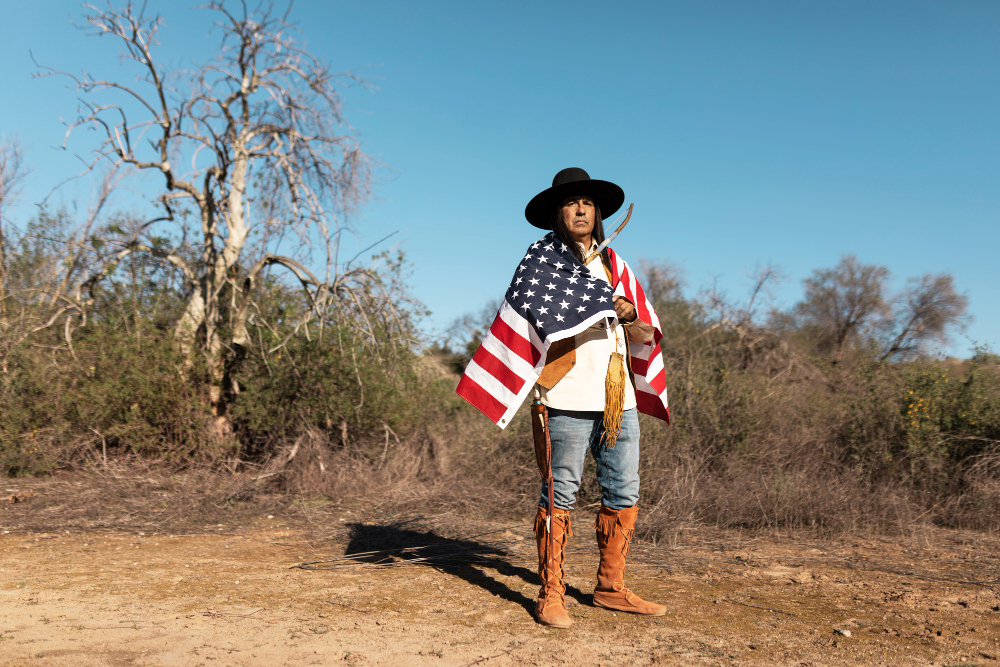The pursuit of religious freedom was a primary driving force behind the migration of colonists to America. During the 17th century, Europe was characterized by religious turmoil and persecution. Many religious minorities, such as the Pilgrims and the Puritans, sought refuge in the New World to escape persecution and establish communities where they could freely practice their faith. The promise of religious tolerance and the opportunity to worship without fear of persecution motivated thousands of colonists to embark on the arduous journey across the Atlantic.
Economic Opportunity
Economic factors also played a significant role in prompting colonists to migrate to America. The New World offered abundant natural resources, fertile land for agriculture, and opportunities for trade and commerce. Many settlers saw America as a land of opportunity where they could build better lives for themselves and their families. The prospect of economic advancement and the potential for prosperity drew immigrants from across Europe to the shores of America.
Political Autonomy
Colonists sought greater political autonomy and self-governance in America, away from the control of European authorities. In Europe, many individuals faced restrictions on their political freedoms and rights. The American colonies, with their distance from European powers and relative independence, provided an opportunity for colonists to govern themselves and participate in shaping their own destinies. The desire for political freedom and self-determination inspired many colonists to seek refuge in America.
Adventure and Exploration
For some colonists, the spirit of adventure and the opportunity for exploration were compelling reasons to migrate to America. The New World represented a vast frontier waiting to be explored and settled. The challenge of facing unknown dangers, navigating uncharted territories, and building communities from scratch appealed to those with an adventurous spirit. Many pioneers were drawn to the excitement and possibility of forging new lives in untamed wilderness.
Escape from Social Constraints
Social constraints and rigid class structures in Europe prompted some individuals to seek a fresh start in America. In the New World, social hierarchies were less rigid, and there was greater potential for social mobility. Colonists had the opportunity to break free from the constraints of their social backgrounds and pursue new opportunities based on merit rather than birthright. The promise of a more egalitarian society and the chance to escape social limitations motivated many immigrants to seek a new life in America.
Family and Community Ties
Family and community ties were important factors in the decision of many colonists to migrate to America. For some, the opportunity to reunite with family members who had already settled in the New World was a compelling reason to make the journey across the ocean. Others were drawn by the prospect of building new communities and forging bonds with fellow settlers who shared their values and aspirations. The sense of belonging and camaraderie offered by colonial communities provided a strong incentive for immigration.
Economic Pressure and Land Enclosure
Economic pressures and land enclosure in Europe also contributed to the migration of colonists to America. Many Europeans faced poverty, overcrowding, and limited economic opportunities in their home countries. The promise of land ownership and the opportunity to build a better future in America attracted those seeking relief from economic hardship and land enclosure. The prospect of owning land and securing a better future for themselves and their families motivated many colonists to seek opportunities in the New World.
The Diverse Motivations Behind Colonization
In conclusion, the migration of colonists to America was driven by a complex interplay of factors, including religious freedom, economic opportunity, political autonomy, adventure, social mobility, family ties, and community bonds. Each colonist brought their own unique hopes, dreams, and aspirations to the shores of America, contributing to the rich tapestry of cultures and identities that would come to define the American experience.
